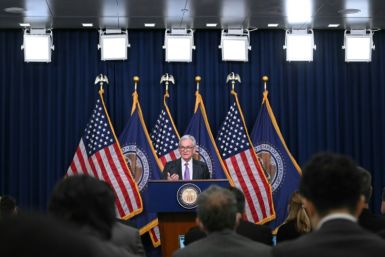Australia's business confidence staggers to 15-year lows
SMES shunning government and its policies
Small business support for the Australian Government has fallen to a 15-year low, according to the Sensis Business Index released today. SMEs have become much less supportive of the Federal Government’s policies, with the indicator declining sharply during the quarter to be the lowest level since February 1996.
Currently, only seven percent of small businesses approve of the Federal Government’s policies.
The key reasons small businesses do not support the Federal Government’s policies include perceptions that there were no incentives for small businesses, there were too many costs, and government policies worked against small businesses with specific mention of the proposed carbon tax policy.
Given the topical nature of a proposed carbon tax in Australia, the Sensis Business Index also asked Australian small businesses specifically about their views.
Thirty-five per cent of Australian small businesses said they did not understand the proposed carbon tax, while 51 per cent said they partially understood. Fourteen per cent said they had a thorough understanding.
Fifty-three per cent of Australian small businesses said a carbon tax would have a negative impact on their business, while 41 per cent believe it would have no impact. Six per cent believe it would have a positive impact.
According to the findings, Australian small businesses are most concerned about a carbon tax impacting on costs, with lower consumer demand and a negative impact on the economy also key reasons.
For those businesses that felt the carbon tax would have a negative impact on their business, nine per cent said they would consider closing or selling their business, while six per cent said they would consider modifying products and services, and five per cent would look at decreasing staff.
Business confidence falls to GFC levels
Weak consumer spending and an uncertain economic outlook have caused business confidence in Australia to tumble to a low not seen since the GFC and the introduction of the GST.
Report author Ms Christena Singh said the business confidence indicator had fallen dramatically during the quarter.
“This is one of the largest quarterly falls in business confidence we have seen in the 18-year history of the report.
“In a historical context, business confidence is at a low-ebb in Australia. We have really only seen business confidence lower during the peak of the Global Financial Crisis and during the introduction of the GST.”
Customers not spending, a decrease in business and the general economic environment are the main reasons small businesses are worried about their business prospects for the next 12 months. The proportion of small businesses experiencing a problem in their business also rose strongly during the quarter.
The Sensis Business Index shows small businesses experienced weaker trading conditions last quarter and were expecting sales and profits to decrease in the short and longer term.
Ms Singh explained small businesses not only held pessimistic views about their own business prospects but also about Australia’s economic outlook.
“Overall, small businesses believe the economy is currently slowing and that it will have deteriorated in a year’s time. This is the first time in a year we have seen perceptions of the economy trend into negative territory.”






